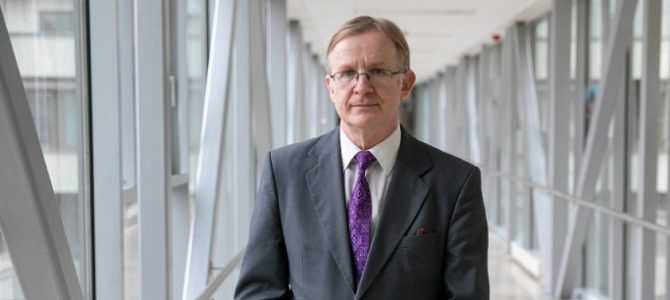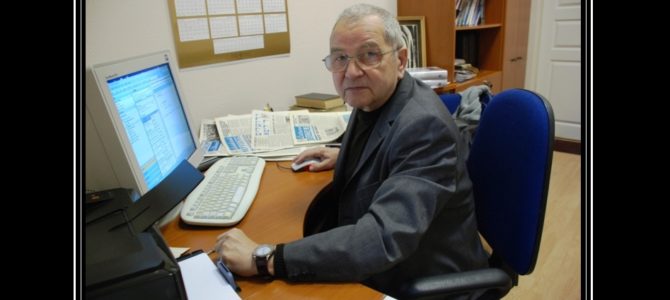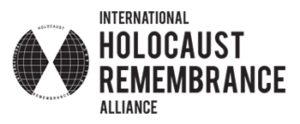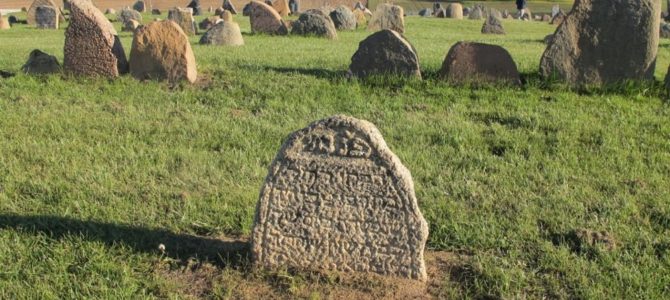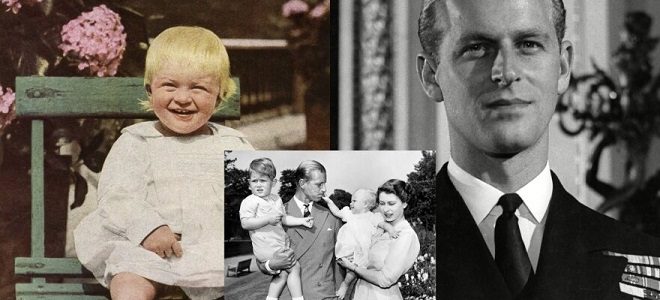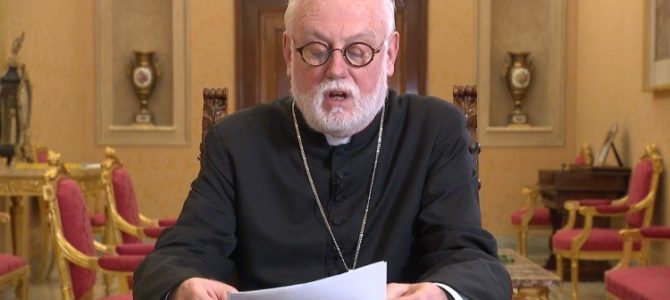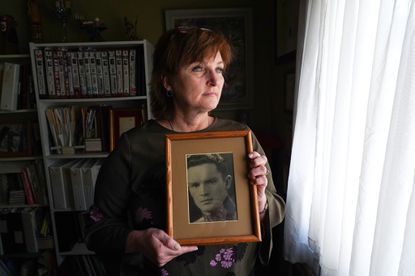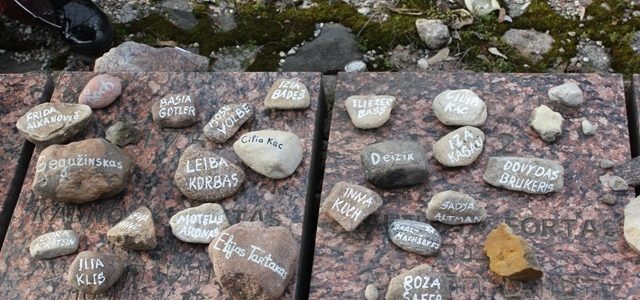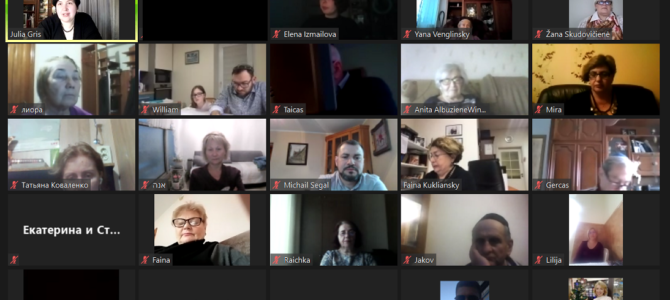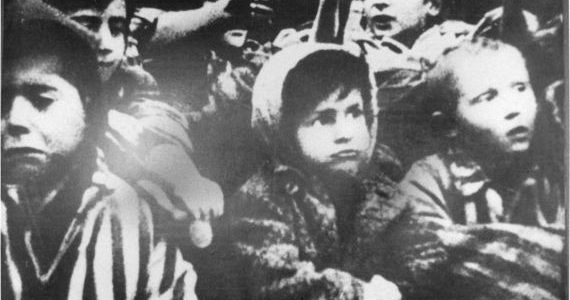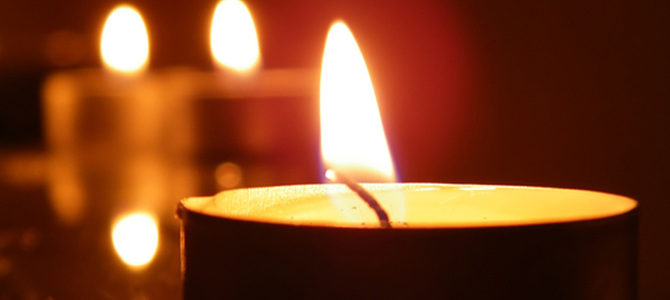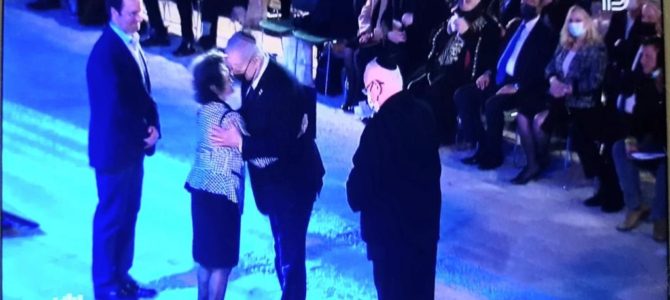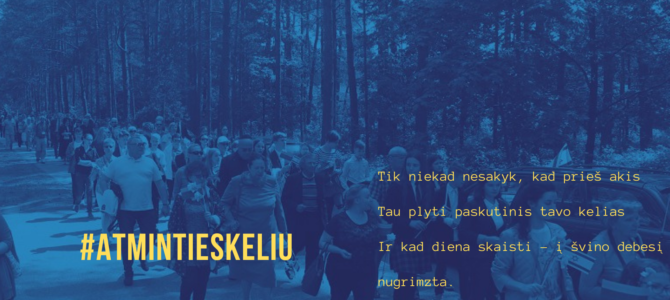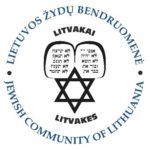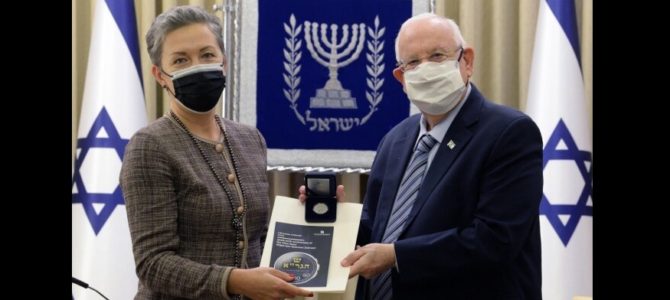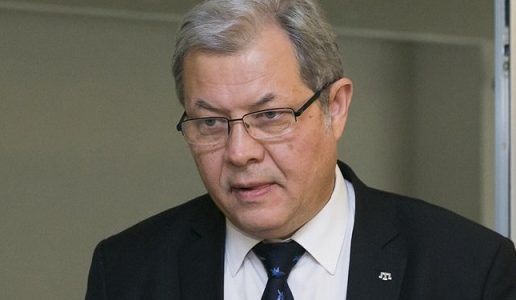As was completely predicable from the start of the latest power struggle inside Lithuania’s Orwellian Center for the Study of the Genocide and Resistance of Residents of Lithuania, the news website 15min.lt reports the Lithuanian parliament will consider historian Arūnas Bubnys as director following their dismissal of Adas Jakubauskas:
Arūnas Bubnys Nominated to Head Genocide
A new candidate for director of the Center for the Study of the Genocide and Resistance of Residents of Lithuania has been presented to the Lithuanian parliament: Center for the Study of the Genocide and Resistance of Residents of Lithuania Genocide and Resistance Research Department director Arūnas Bubnys. MPs fired former director Adas Jakubauskas April 1 after an inquiry panel set up by the leaders of the parties in parliament found he was unable to guarantee the smooth operation of the institution.
Parliamentary speaker Viktorija Čmilytė-Nielsen nominated Bubnys to serve as director, a term which is usually five years long. “I have nominate Bubnys following comprehensive consultations with Lithuania’s historians and my colleagues and members of parliament from different factions. This candidacy has firm support in the community of historians and inside the Center for the Study of the Genocide and Resistance of Residents of Lithuania itself. Bubnys has earned confidence which, I hope, will allow him to insure smooth operation by introducing objectivity and transparency standards in the Center for the Study of the Genocide and Resistance of Residents of Lithuania, and to return the public’s trust to this institution,” the speaker of parliament said introducing her candidate.
Full story here.



